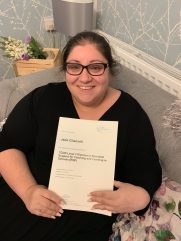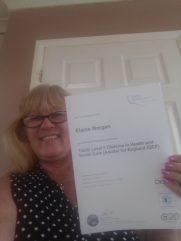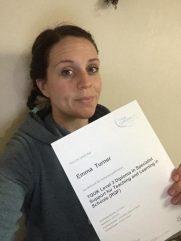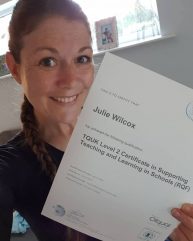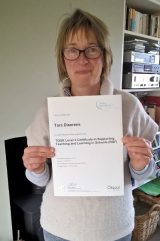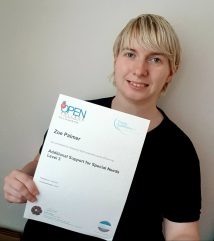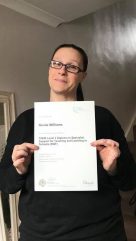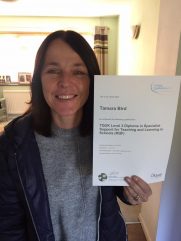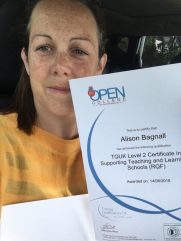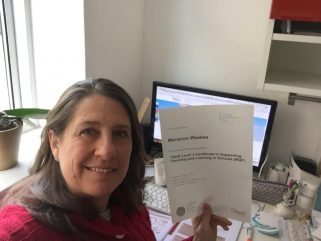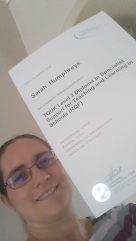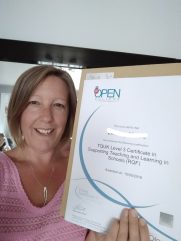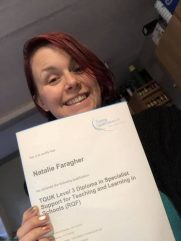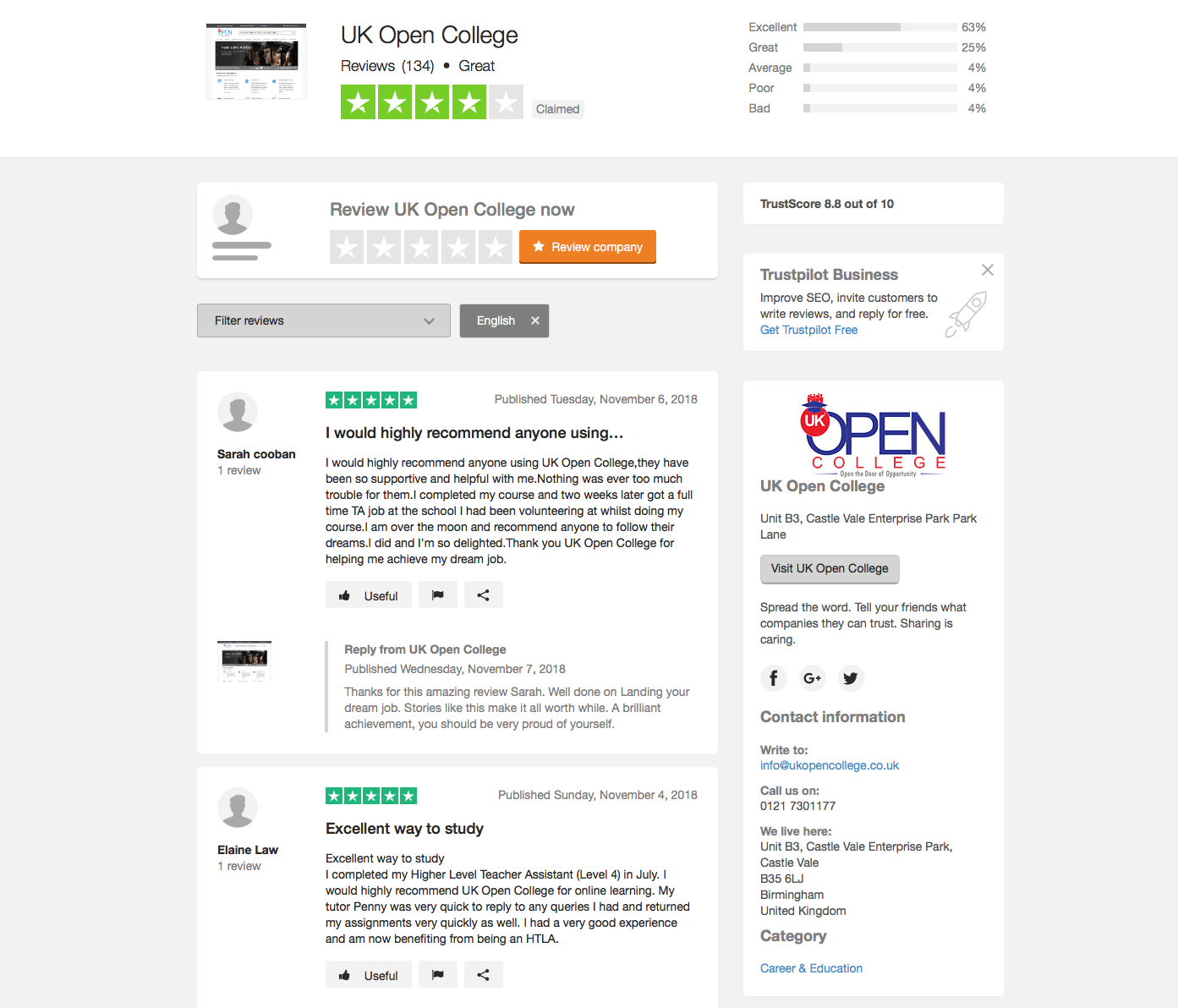A-Level Geography Fast Track 1 Year Course – Edexcel
This online self-study A-Level Geography Course (Fast Track) is an important subject to study as it helps students gain a larger understanding of the world and the way people interact within their physical environment and globally with other.
The first half of the course is the AS level divided into human and physical topics. Students will study the core subjects of rivers, floods and management for the physical section and population change for the human section.
Students then choose one other physical topic and one human topic. Unit 2 of AS geography will be based on a piece of fieldwork or an investigation carried out by the student. The final section is is also divided into human and physical topics.
Students must study three topics:
- One from physical
- One from human
- One from a free choice
A-level geography also includes a piece of coursework, which will be a piece of fieldwork carried out by the student.
Qualification: A-Level Geography
Fast Track: 1 Year or less
Start Date: Anytime - We enrol 365 days a year
Edexcel Specification: Code 9GEO
Exams: Fully Flexible
Price: Interest-Free Finance
Type of Study: Study online - Self study
Require a Company or School Invoice? You can request an invoice here.
Course Details
Course Syllabus
Course Syllabus
Learners will complete 8 units of study in total as listed below.
AREA OF STUDY 1: DYNAMIC LANDSCAPES
TOPIC 1: TECTONIC PROCESSES AND HAZARDS:
- Volcanoes
- Earthquakes
- Tsunami
- The Earths internal structure
- Plate tectonic theory
- Continental drift
- Paleomagnetism
- Plate Boundaries
- MEDCs and LEDCs
- Tectonic Mega-disasters
- Prediction and forecasting
- Hazard management
TOPIC 2: GLACIATED LANDSCAPES AND CHANGE:
- Climate change
- Volcanic Eruptions
- The Cryosphere
- Ice masses
- Periglacial Processes
- Periglacial Landforms
- Tundra
- Glacial mass balance
- Glacier Movement
- Rate of movement
- Glacial erosion
- Glacial transportation
- Glacial Deposition
- Formation of lowland depositional features
- Fluvioglacial landforms
- Proglacial features
- Biodiversity
- Water Cycle
- Carbon cycle
- Human activity
AREA OF STUDY 2: DYNAMIC PLACES
TOPIC 3: GLOBALISATION:
- The influence of technology
- International political and economic organisations
- Special economic zones
- Benefits of SEZs
- KOF Index
- Transnational corporations (TNCs)
- The global shift
- Push and pull factors
- International migration
- A global culture
- Cultural erosion
- Gross domestic product
- Social measures of development
- Effects of globalisation
- Retention of cultural values
- Fair trade
- Ethical consumption schemes
- Recycling
TOPIC 4: REGENERATING PLACES:
- Economies
- Places change
- Reasons for change
- Measuring change
- National & regional influences
- Global and International influences
- The negative multiplier effect
- Media sources
- Representations of place
- Infrastructure investment
- North-South divide
- Planning policies
- Government policy
- Local interest groups
- Rebranding
- Regeneration strategies
- The living environment
AREA OF STUDY 3: PHYSICAL SYSTEMS AND SUSTAINABILITY
TOPIC 5: THE WATER CYCLE AND WATER INSECURITY:
- Hydrological cycle
- Water stores
- Types of precipitation
- A Tropical Rainforest: The Amazon
- Water budget
- River regimes
- Storm Hydrograph
- Urbanisation
- Drought
- The ecological impact
- Flooding
- The water cycle and climate change
- Rising demand and diminishing supply
- Physical and economic scarcity
- Water conflicts and the future
- Techno-fix
- Sustainable schemes
TOPIC 6: THE CARBON CYCLE AND ENERGY SECURITY:
- The biogeochemical carbon cycle
- Human Effects
- Carbon Budgets
- Carbon sequestration in oceans
- Thermohaline circulation
- Terrestrial sequestration
- The greenhouse effect
- The Greenhouse Effect and Climate Change
- The concentration of carbon
- Photosynthesis
- Energy consumption
- Fossil fuels
- Biofuels
AREA OF STUDY 4: HUMAN SYSTEMS AND GEOPOLITICS
TOPIC 7: SUPERPOWERS:
- Economic power
- Military power
- Political power
- Cultural power
- Natural resources
- Demographics
- Hard Power vs Soft Power
- Types of polarity
- Geopolitical polarity and stability
- Emerging nations
- Strengths and weaknesses
- The role of TNCs
- Global action
- International alliances
- Arctic oil and gas
- Intellectual property
- Political spheres of influence
- Conflicts in the Middle East
- Importance of China and India
- Economic problems
TOPIC 8: HEALTH, HUMAN RIGHTS AND INTERVENTION:
- Human development
- Happy planet index
- Sharia Law
- Bolivia under Evo Morales
- Goals of development
- The importance of education
- UNESCO
- health & life expectancy
- The importance of IGOs
- Millennium Development Goals
- Human Rights
- The transition to democracy
- Levels of political corruption
- Equality
- Geopolitical interventions
- Short-term responses
- Just War Theory
- The effectiveness of development aid
- Recent military interventions
- The cost of inaction
Entry Requirements
Entry Requirements
There are no previous qualifications required to register for this course.
We recommend the following text books to help you with your studies, however, they are not compulsory for completion of the course:
C Dunn, AS/A-Level Geography Student Guide 1: Tectonic Processes and Hazards; Landscape systems, processes and change (Phillip Allan 2016)
C Dunn, AS/A-Level Geography Student Guide 2: Globalisation; Shaping Places(Phillip Allan 2016)
V Pointon et al. Edexcel GCE Geography as Level Student Book and eBook (Edexcel Geography A-Level 2016) (Edexcel 2016)
B Digby, Geography for Edexcel A-Level Year 1 and AS Student Book (OUP 2016)
Course Duration
Course Duration
This course comes with 24 months support included:
Guided Learning Hours (GLH) – 360 Hours
Total Qualification Time (TQT) – 700 Hours
Tutors & Support
Tutors & Support
All learners have access to a qualified tutor via email for the stated support period. In addition to this, you are able to speak to our support team via telephone with any query you may have relating your course.
Our tutors and support team have years of experience in delivering online and distance learning courses. If you require help, then we are only a phone call away.
Assessment
Assessment
To achieve the full Geography A-Level qualification you will be assessed across the above areas of study. All topics will be assessed by three paper-based examinations and coursework. A more detailed breakdown of the assessment details is provided below:
Paper 1: 9GE0/01
Type: Written examination
Duration: 2 hours and 15 minutes
Assessed: Areas of study 1 and 3
Assessment format: A mixture of short answers, open response and resource linked questions. You will also have to complete a 12 and 20 mark extended writing question
Paper 2: 9GE0/02
Type: Written examination
Duration: 2 hours and 15 minutes
Assessed: Areas of study 2 and 4
Assessment format: A mixture of short answers, open response and resource linked questions. You will also have to complete a 12 and 20 mark extended writing question
Paper 3: 9GE0/03
Type: Written examination
Duration: 2 hours and 15 minutes
Assessed: Content from all areas of study
Assessment format: A mixture of short answers, open response and resource linked questions. You will also have to complete an 8, 18 and 24 mark extended writing question
Coursework: 9GE0/04
Type: Coursework/Fieldwork
Assessed: Define a question or issue for investigation relating to the content in the course using your own research from fieldwork
Assessment format:
A written investigation report of 3000 – 4000 words which is internally assessed and externally moderated. You must complete a minimum of four days of fieldwork, which will be taken under supervision.
Please note: It is your responsibility to source and book your fieldwork and examinations. We are not able to do this for you.
Examination Fees
Examination Fees
As a private candidate, it is the student’s responsibility to arrange their own examinations and practical assessment if required. This is not part of the service offered by UK Open College.
This should be done prior to enrolment with us. It is your responsibility to ensure you have the necessary arrangements in place & confirmed.
Fees for these services can vary hugely from centre to centre. It may be worth travelling out of the area. (It’s worth it)
You can view a list of official Edexcel approved examination centres here
The later you leave it to arrange, the more expensive it can be. At times, it can be impossible to arrange so plan ahead. (8 months minimum recommended)
Your contract with us is for the course and support only. We will not refund you outside of the 14 days cooling-off period if you have not confirmed these arrangements with your selected centre.
Enquire & confirm with your chosen centre, do not leave it to chance!
UCAS Points & Predicted Grades
UCAS Points & Predicted Grades
All of our A Levels will provide you with UCAS points upon successful completion of your examinations. The amount you receive will depend on the grade achieved as detailed below. Tutors can also provide predicted grades for university based on your completed assessments within the course.
The majority of our A Levels will require a minimum of 3 completed assignments and correspondence to provide a predicted grade. We would advise you register for your course 3 months in advance of when you need a predicted grade for. Eg: if you require a predicted grade for January, then you should enrol in Sept and aim to compete the 3 tutor marked assessments by December.
| GRADE ACHIEVED | UCAS POINTS AWARDED |
| A* | 56 |
| A | 48 |
| B | 40 |
| C | 32 |
| D | 24 |
| E | 16 |
Payments plans - Guaranteed acceptance*
Payments plans - Guaranteed acceptance*
Select whether to pay in full upon enrolment or opt to pay a deposit and spread the cost with our Interest-free payment plan. *Guaranteed acceptance for those who meet the following conditions:
Aged 18 and above (Maximum age 75)
Permanent resident in the UK
Be able to provide 3 years of address history from the UK
Have a UK bank account that accepts direct debits
Hold a valid UK credit or debit card
Please note: We do not carry out credit checks
Alternative payment plans may be available for those that do not meet these conditions. Please speak to a member of our team who will be happy to assist on 0121 792 3872.
Applicants choosing the monthly option will be required to complete and sign a financial agreement for the remaining payments. All payments to be set up via direct debit. We are only able to set up monthly payments for students resident in the UK.
Please note: Once a payment plan is set up, you are liable to pay the course fees in full whether you complete the course or not. Please ensure the monthly repayments are affordable before agreeing to any payment plan offered.
14 Day Money Back Guarantee
14 Day Money Back Guarantee
Once received at your requested delivery address, you have 14 days to ensure this course meets your needs and requirements. If for any reason you are not happy, simply return your course pack unused for a refund.*
*Minus postage. An admin fee is deducted from any deposit refunded if a finance plan is arranged and then cancelled.
Our full T’s & C’s can be viewed here.

